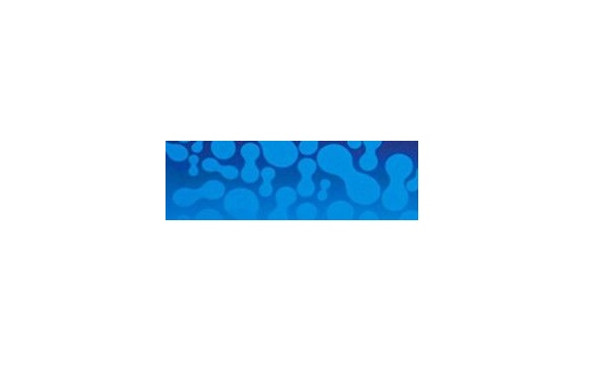Description
Recombinant Mouse CCL2/MCP-1 Protein (His Tag) | PKSM040978 | Gentaur US, UK & Europe Disrtribition
Synonyms: C-C motif chemokine 2; Monocyte chemoattractant protein 1; Monocyte chemotactic protein 1; MCP-1;Platelet-derived growth factor-inducible protein JE; Small-inducible cytokine A2; Ccl2; Je; Mcp1; Scya2
Active Protein: N/A
Activity: Recombinant Mouse C-C motif chemokine 2 is produced by our Mammalian expression system and the target gene encoding Gln24-Asn148 is expressed with a 6His tag at the C-terminus.
Protein Construction: Recombinant Mouse C-C motif chemokine 2 is produced by our Mammalian expression system and the target gene encoding Gln24-Asn148 is expressed with a 6His tag at the C-terminus.
Fusion Tag: C-6His
Species: Mouse
Expressed Host: Human Cells
Shipping: This product is provided as liquid. It is shipped at frozen temperature with blue ice/gel packs. Upon receipt, store it immediately at<-20°C.
Purity: > 95 % as determined by reducing SDS-PAGE.
Endotoxin: < 1.0 EU per μg as determined by the LAL method.
Stability and Storage: Store at < -20°C, stable for 6 months. Please minimize freeze-thaw cycles.
Molecular Mass: 14.7 kDa
Formulation: Supplied as a 0.2 μm filtered solution of 20mM Tris, 500mM NaCl, 10% glycerol, pH7.4 .
Reconstitution: Not Applicable
Background: C-C motif chemokine 2 (CCL2) is a member of the C-C or β chemokine family. Mouse CCL2 shares 82% amino acid (aa) identity with rat CCL2 over the entire sequence, and 58%, 56%, 55%, 53% and 53% aa identity with human, equine, porcine, bovine and canine CCL2, respectively. Fibroblasts, glioma cells, smooth muscle cells, endothelial cells, lymphocytes and mononuclear phagocytes can produce CCL2 either constitutively or upon mitogenic stimulation, but monocytes and macrophages appear to be the major source. In addition to its chemotactic activity, CCL2 induces enzyme and cytokine release by monocytes, NK cells and lymphocytes, and histamine release by basophils that express its receptor, CCR2. Additionally, it promotes Th2 polarization in CD4+ T cells. CCL2-mediated recruitment of monocytes to sites of inflammation is proposed to play a role in the pathology of atherosclerosis, multiple sclerosis and allergic asthma.
Research Area: N/A






